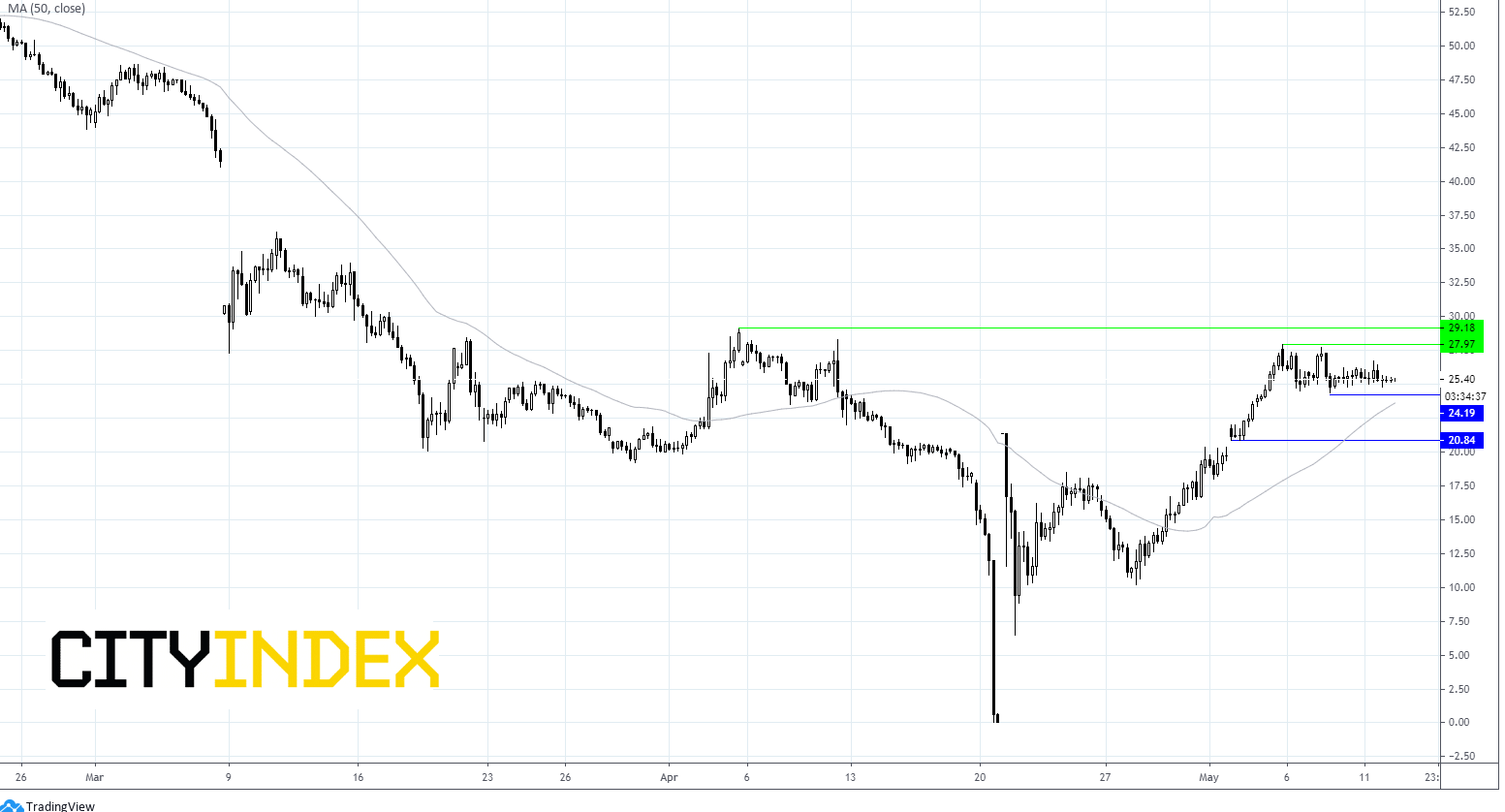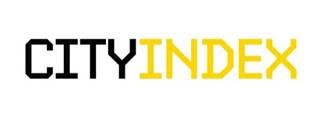Sentiment Struggles Amid Concerns Of Second Wave Of Coronavirus Infections
City Index | May 12, 2020 09:26AM ET
European bourses are pointing to a mixed start as investors continue to weigh the reopening of economies against the prospect of a second wave of infections amid strained trade relations, but rebounding oil prices.
Whilst President Trump has shut the door to the renegotiation of the Phase One trade deal terms, China has banned imports of meat from Australia. Strained US – Sino and Sino – Australia relations are dragging on sentiment.
With Germany’s COVID-19 reproduction rate, R, now at 1.07, South Korea scrambling to control an outbreak linked to a nightclub in Seoul and China with its first infection in Wuhan since restrictions were lifted, investors are fretting over the possibility of a second wave of infections. That said, New York, the epicenter in the US is now ready to reopen. As an economic and financial hub, this carries some weight and helped pull the S&P 500 into a positive close on Monday.
The market has clawed back around 50% of March’s losses. Whilst economies are gradually reopening which is a positive, it is become increasingly clear that no quick bounce back is on the cards. This will be a rocky road to recovery and not one that is always pointing higher.
Oil Jumps
While fears of a second wave of infections are causing some unease in the markets, oil prices are a rare source of light. Oil has jumped over 1.2% in early trade following an unexpected commitment from Saudi Arabia to cut oil production to drain some of the global oil glut. A bullish production cut of 1 million barrels per day by Saudi Arabia means that the oil producing giant has cut production by some 40% since April. The move could also go a long way to encourage other OPEC nations to comply with their cut quotas.
Whilst the cut was overshadowed in the previous session by fears of a second wave of infection, data showing that oil storage had dropped in the US’s largest oil storage at Cushing, Oklahoma, by 2.17 million barrels offers some breathing space amid swirling storage shortage fears.
With supply now being addressed and demand slowly picking up as economies reopen, the worst appears to be behind us. API data will be in focus. Last week’s data showed a rise of 8.4 million barrels.


Trading in financial instruments and/or cryptocurrencies involves high risks including the risk of losing some, or all, of your investment amount, and may not be suitable for all investors. Prices of cryptocurrencies are extremely volatile and may be affected by external factors such as financial, regulatory or political events. Trading on margin increases the financial risks.
Before deciding to trade in financial instrument or cryptocurrencies you should be fully informed of the risks and costs associated with trading the financial markets, carefully consider your investment objectives, level of experience, and risk appetite, and seek professional advice where needed.
Fusion Media would like to remind you that the data contained in this website is not necessarily real-time nor accurate. The data and prices on the website are not necessarily provided by any market or exchange, but may be provided by market makers, and so prices may not be accurate and may differ from the actual price at any given market, meaning prices are indicative and not appropriate for trading purposes. Fusion Media and any provider of the data contained in this website will not accept liability for any loss or damage as a result of your trading, or your reliance on the information contained within this website.
It is prohibited to use, store, reproduce, display, modify, transmit or distribute the data contained in this website without the explicit prior written permission of Fusion Media and/or the data provider. All intellectual property rights are reserved by the providers and/or the exchange providing the data contained in this website.
Fusion Media may be compensated by the advertisers that appear on the website, based on your interaction with the advertisements or advertisers.